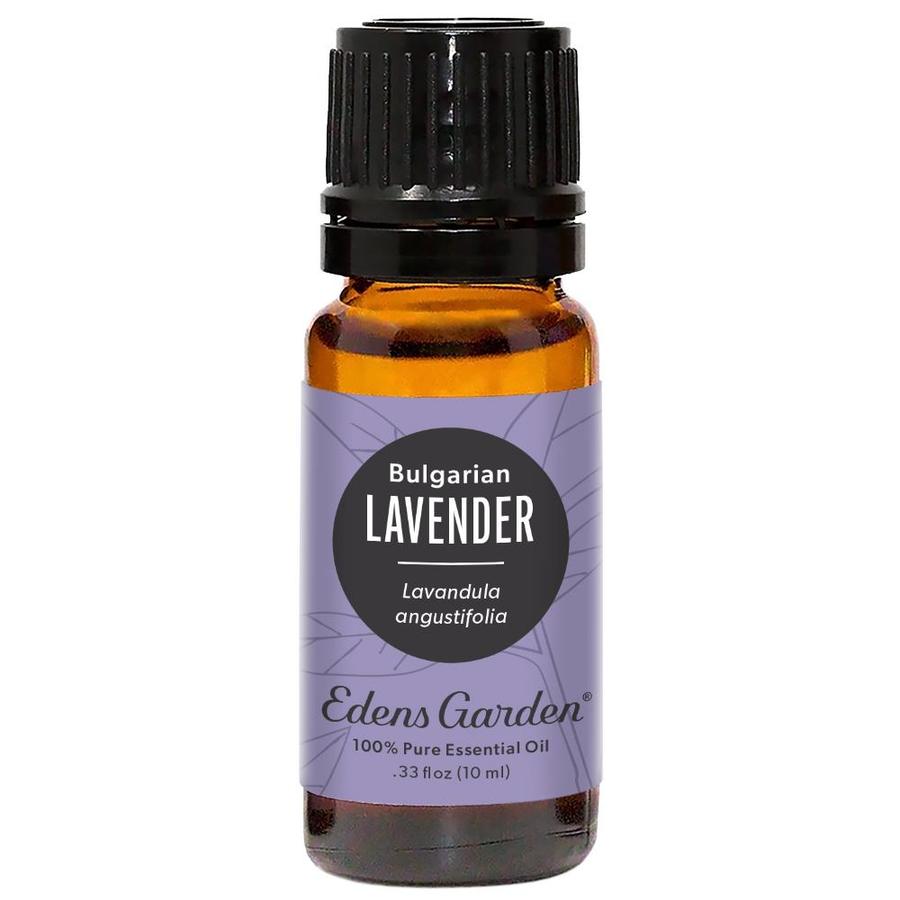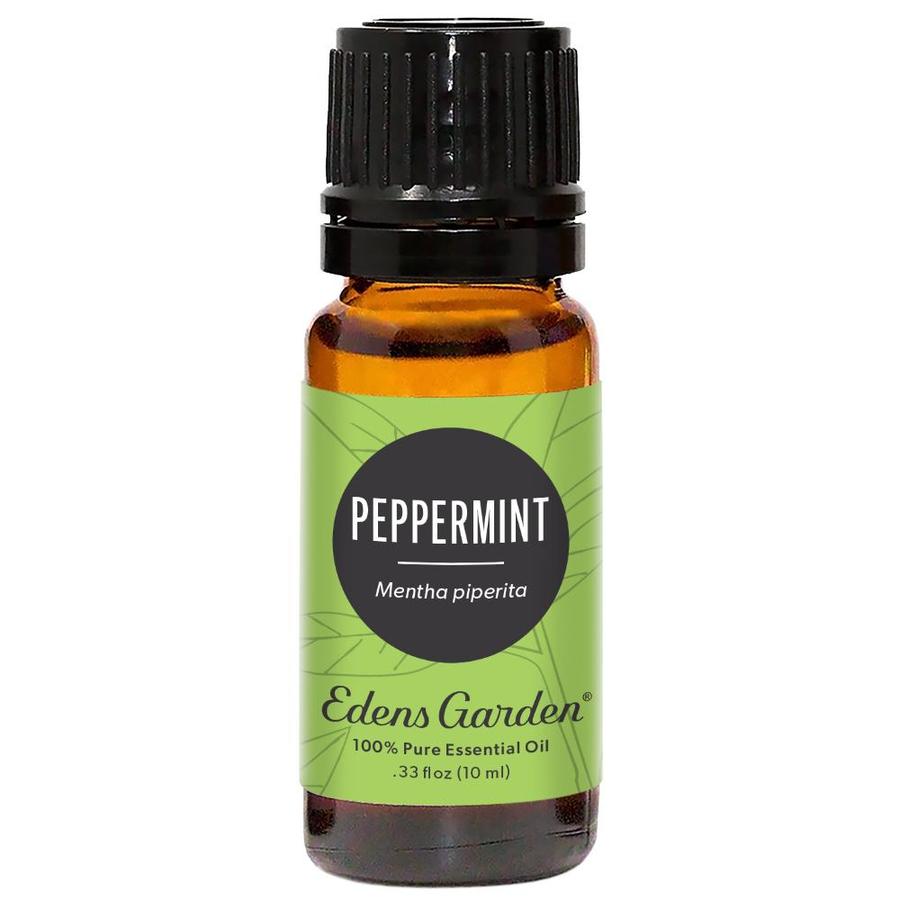Organic Essential Oils Vs. Non-Organic Essential Oils

On average, organic foods are 47% more expensive than non-organic, making trips to the grocery store a battle between your wallet and your heart. More and more consumers want to be sure their food, cosmetics and essential oils are pesticide-free. Does buying products that aren’t certified organic equate to surrendering yourself and your family to pesticides? Let’s look at the facts.
Choosing A Side
There are two sides to the organic debate. You either prefer organic essential oils because they are free of pesticides, or you prefer non-organic essential oils because though there may be pesticides present, it is typically an insignificant amount (assuming there is a GC/MS test available for that oil). Each side holds their own set of values as to why they are for or against going organic.
Organic Pesticides
Going organic means ensuring your products are free of pesticides, which may cause health risks. Or does it? Dorene Peterson of American College of Healthcare Sciences finds that essential oils may still contain pesticides, even if they are certified organic. In many cases, organic farms still use pesticides that originate from natural sources, and are approved by US Organic Standards. Despite their natural nature, these pesticides may pose health risks. Essential oil chemist, Brett Harris, prefers non-organic essential oils for this reason “with the occasional exception where you are sure no pesticides were used.” He also notes that the cost of organic oils is simply too high.
Certified Organic
In the essential oil industry, pesticide-free essential oils that are not certified organic are prevalent. According to Essential Oil University chemist, Tanner Wortham, organic farming resources which are needed to meet organic standards, are not always readily available in third world countries where many essential oils are sourced. Although farmers living in third world countries might choose to farm without the use of pesticides, their products might not be considered organic because of costs associated with certifications. In some cases, an organic form of an essential oil might not exist at all.
Pesticides in Essential Oil Distillation
“Another factor that comes into play during the distillation process is the solubility of the pesticide that is being used,” says Wortham. Pesticides found in plant material may be oil soluble or water soluble. During essential oil distillation, oil soluble pesticides will become homogenized with the essential oil, whereas the water soluble pesticides will become homogenized with the hydrosol, which gets separated from the oil. Depending on the volatility of the pesticide, the pesticides may evaporate from the essential oil. This is especially true if the crops were sprayed long before harvest.
Conclusion
Aromatherapist, Robert Tisserand, states that there may be no difference between organic and non-organic essential oils due to the insignificant amount of pesticides typically found in non-organic essential oils. At Edens Garden, we are not biased towards either side. We appreciate that consumers are holding the natural industry to a higher standard. While at the same time we believe that non-organic essential oils do not run the risk of containing consequential amounts of pesticides, given a GC/MS test is provided for oil batches. With all of that in mind, we hope this information helps you to come to your own informed decision.










Leave a comment (Comments will be approved before showing up)